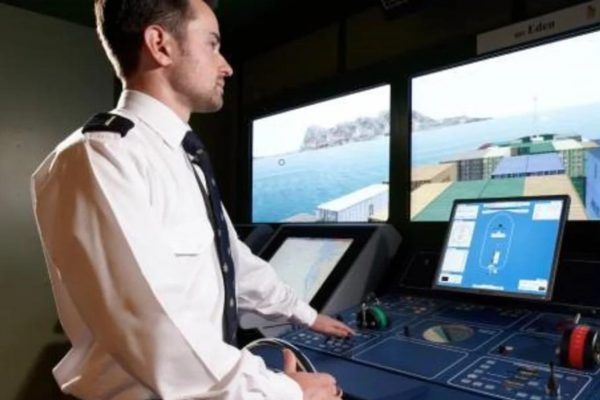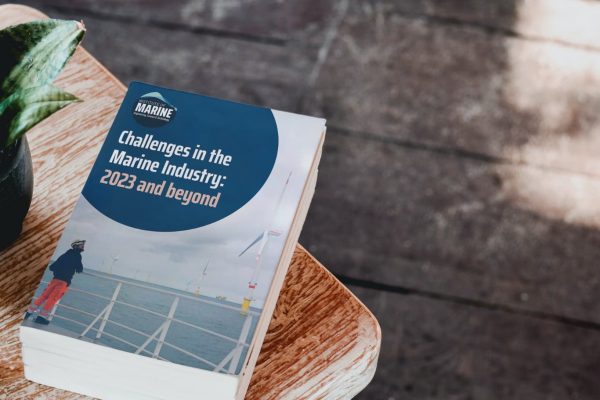Nautilus International, a leading maritime union, is spearheading efforts to ensure seafarers are well-equipped to transition to new fuel technologies. As the maritime industry moves toward a sustainable future, these training initiatives are critical for enhancing the skills of both experienced officers and cadets, adapting to the changing energy requirements in maritime operations.
Comprehensive Training Initiatives
Nautilus International has prioritised extensive training programs that cover various new fuels, including LNG, hydrogen, and biofuels. These courses aim to educate and ensure compliance with current and future regulations, reflecting a comprehensive approach that merges cutting-edge technology with strict safety protocols.
Regulatory Support for Skilled Development
Solid regulatory frameworks reinforce fuel training advancements. International maritime authorities continually revise standards to ensure that training aligns with the technical needs of new energy sources. This cooperation between training institutions and regulatory bodies ensures that the maritime workforce stays updated with industry standards and best practices.
Feedback from Seafarers
Responses from Nautilus members have been highly positive, with many emphasising the hands-on component of the training. Seafarers value the practical approach, which enables them to apply new fuel technologies directly in their work environments. This application of knowledge is essential for effectively combining theoretical learning with operational skills.
Future Prospects
The shift to new fuels is an opportunity for innovation and leadership in environmental responsibility. Nautilus International continues to advocate for enhancing and adapting training programs to address future industry demands.
For those interested in more information or wishing to participate in these training programs, further details can be found on Nautilus International’s website.
This strategic approach in training for new fuels prepares seafarers for imminent changes and positions them as essential contributors to the global move towards sustainable maritime operations. As the industry evolves, the need for specialised training becomes increasingly important, making such initiatives critical for maritime activities’ long-term sustainability and efficiency.




